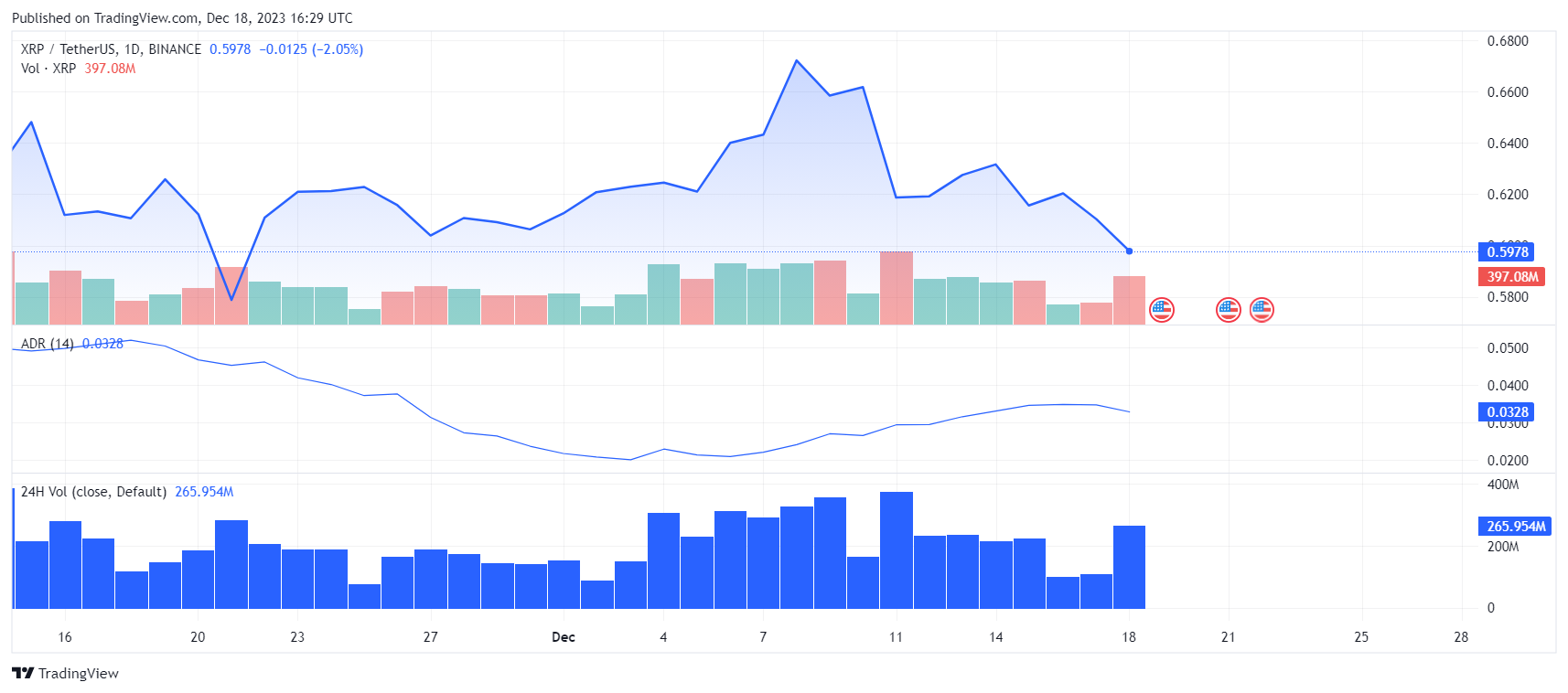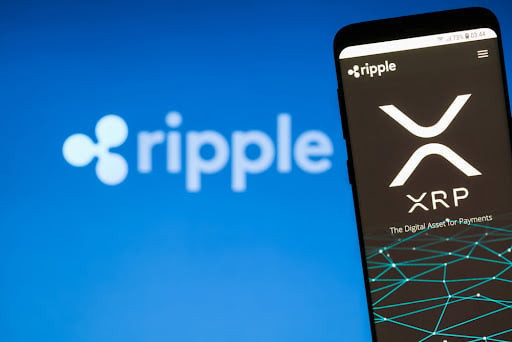- CBDCs promise financial inclusion and payment efficiencies, with 130 countries exploring them to improve transactions and combat fraud.
- Challenges of CBDCs include privacy, centralization risks, and the need for a uniform global regulatory framework.
In its report entitled “CBDCs: The Digital Evolution of Money,” Ripple elaborates on the potential of CBDCs and stablecoins. According to the report, 98% of the world’s countries are moving forward with projects of this type, demonstrating a growing interest and recognition of their importance.
🚀 #Ripple (#XRP) is setting its sights on a piece of the $5 trillion #CBDC market as digital currencies reshape the financial landscape! 🌐💰
📊 In their latest report, Ripple reveals that 98% of countries worldwide are diving into CBDC and stablecoin projects, with 130 nations… pic.twitter.com/RhQfpaltHg
— Collin Brown (@CollinBrownXRP) December 18, 2023
130 Countries in the CBDC Race
The paper cites that 130 countries, representing 98% of global GDP, are actively involved in CBDC projects. Nations such as the United States, South Africa and several European Union countries are in exploratory stages. In addition, 19 of the G20 countries are in advanced stages of their CBDC projects.
On the other hand, China is close to a full-scale launch after completing a pilot phase. Meanwhile, in countries such as Nigeria and the Bahamas, CBDC solutions are already in place, and their applications are progressing.
Systematic Objectives of CBDCs
Citing McKinsey, Ripple emphasizes that CBDCs can address systemic objectives such as financial inclusion, fraud reduction, payment innovation and a new path for monetary policy.
In turn, Ripple’s report highlights that CBDCs would achieve facilitate the positive impacts of asset tokenization by enabling transparent tracking of asset transfers and ownership changes.
Ripple in the CBDC Market Capture
Recognizing these risks and opportunities, Ripple is positioning itself as a key system in the CBDC ecosystem. Projections suggest that around $5 trillion in CBDCs in different currencies will circulate in major economies over the next decade.
Importantly, Ripple is actively collaborating with more than 20 central banks around the world on CBDC projects. For example, Ripple’s partnership with Bhutan has entered a pilot phase by 2024.
Similarly, the central bank of the Republic of Georgia chose Ripple as its technology partner for its pilot 2.
Recommended for you
• Will Bitcoin ETFs Be the Key to Restoring Crypto Liquidity Pre-FTX?• If You Missed Out On Ethereum (ETH) Mania, Low-Cap DeFi Darlings Injective (INJ), Arbitrum (ARB), And Pullix (PLX) Aren’t Too Late!• Hedera Skyrockets: Weekly Volume Soars 300% to All-Time Highs, Explosive Growth ContinuesActive Projects and Pilot Schemes
Several countries, including Bhutan and Palau, are collaborating with Ripple to develop their own CBDCs. These projects seek to improve digital and cross-border payments, expand financial inclusion and advance their sustainability commitments.
Barriers to Widespread Adoption
Barriers include lack of a uniform global regulatory framework, end-user adoption, consumer education, privacy and security concerns, digital identity verification, lack of interoperability between CBDCs, and offline access to transactions.
Privacy and Surveillance Concerns
Privacy is a critical issue in the debate over CBDCs, with concerns about government tracking and surveillance. The adoption of CBDCs will largely depend on how user privacy is balanced with regulations such as AML/CFT.
Recent Downtrend and Stability

Tradignview: The current price at the close of the chart is 0.5978 USDT, marking a 2.05% decrease compared to the previous period.
- General Trend: The price line (blue line) shows a general downtrend during the visible period. The bearish trend can be identified by the decreasing highs and lows in the price line.
- Trading Volume: The volume bar (blue bars at the bottom) shows variability in daily transaction volume. There are a couple of days with particularly high volume, which could correlate with significant price movements.
- ADR Indicator (Average Daily Range): The ADR (Average Daily Range) indicator shows the average amount the XRP price has moved per day over the last 14 days. It appears to be relatively low (0.0328), indicating that there have been no large daily movements in the recent period.
The paper concludes that, although there are challenges, CBDCs have great potential
It is estimated that $5 trillion worth of CBDCs will circulate in major economies over the next decade. The global success of CBDCs will depend on the adoption of common standards and protocols to enable interoperability.
CBDCs represent a good system in the monetary landscape, offering opportunities to improve financial inclusion, payment system efficiency and innovation. However, their implementation comes with significant challenges, including technical, regulatory and privacy issues. Global collaboration and the adoption of common standards will be crucial to the long-term success of CBDCs.
